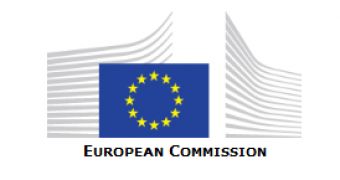Online gambling has become a multi-billion dollar (EURO) business and similar to other high-profit services it has attracted a lot of negative elements such as money laundering and fraud. That’s why the European Commission is determined do something to clean up this sector.
Online gambling includes poker, casino, lotteries, sports betting and other games of chance. Currently, there are some 6.8 million individuals that participate in such activities.
However, the main problem is generated by the large number of unregulated gambling websites, many of which are based outside the European Union (EU).
On October 23, the Commission revealed its action plan for the next two years. Its main goal is to clarify the regulation of online gambling and encourage cooperation between EU member states.
Cooperation between states is highly recommended because societal, regulatory and technical issues cannot be addressed by each country individually, especially because of the “cross-border dimension” of online gambling.
“Consumers, but more broadly all citizens must be adequately protected, money laundering and fraud must be prevented, sport must be safeguarded against betting-related match-fixing and national rules must comply with EU law. These are the objectives of the action plan we have adopted today,” Internal Market and Services Commissioner Michel Barnier explained.
Basically, the Commission has three main goals in mind. First, it wants to tackle the illegal activities that revolve around online gambling.
Then, it wants to ensure that underage internauts are protected. This means implementing better age-verification tools and online content filters.
Raising parental awareness on the matter and helping those who have already suffered from gambling addiction are also a top priority.
Finally, the Commission highlights the fact that fixed matches often plague online gambling. These unfair practices will be combated with the aid of whistle-blowing mechanisms, information exchange, and better cooperation between all stakeholders.

 14 DAY TRIAL //
14 DAY TRIAL //